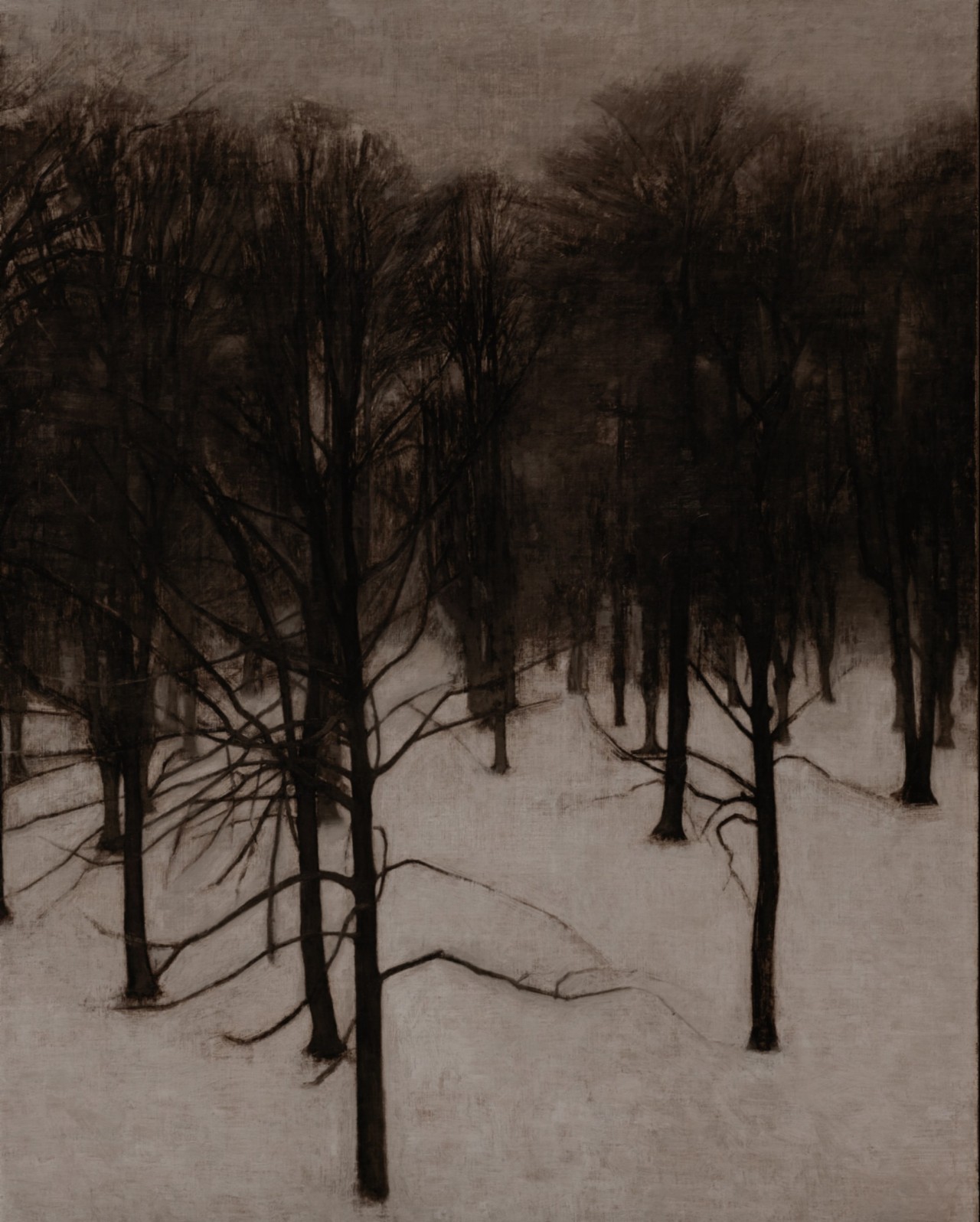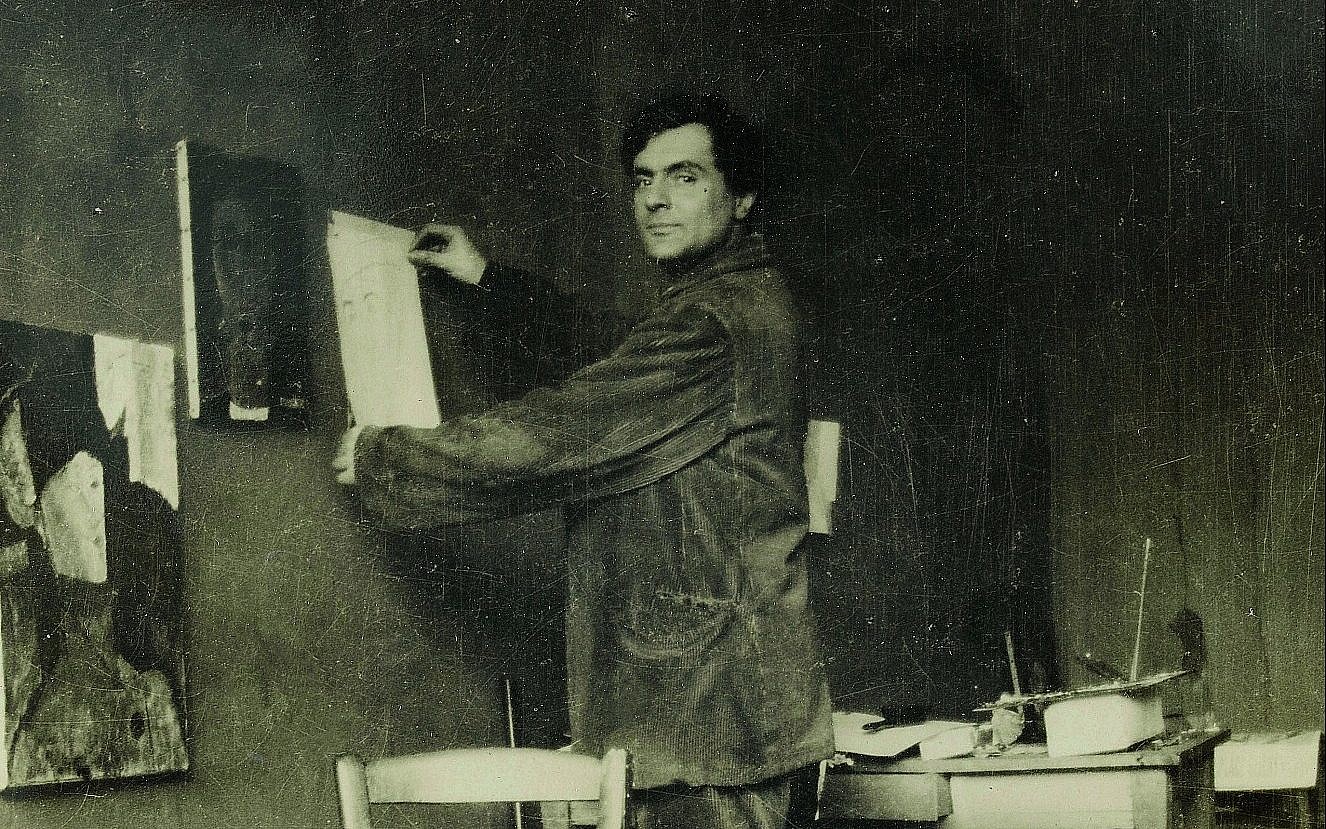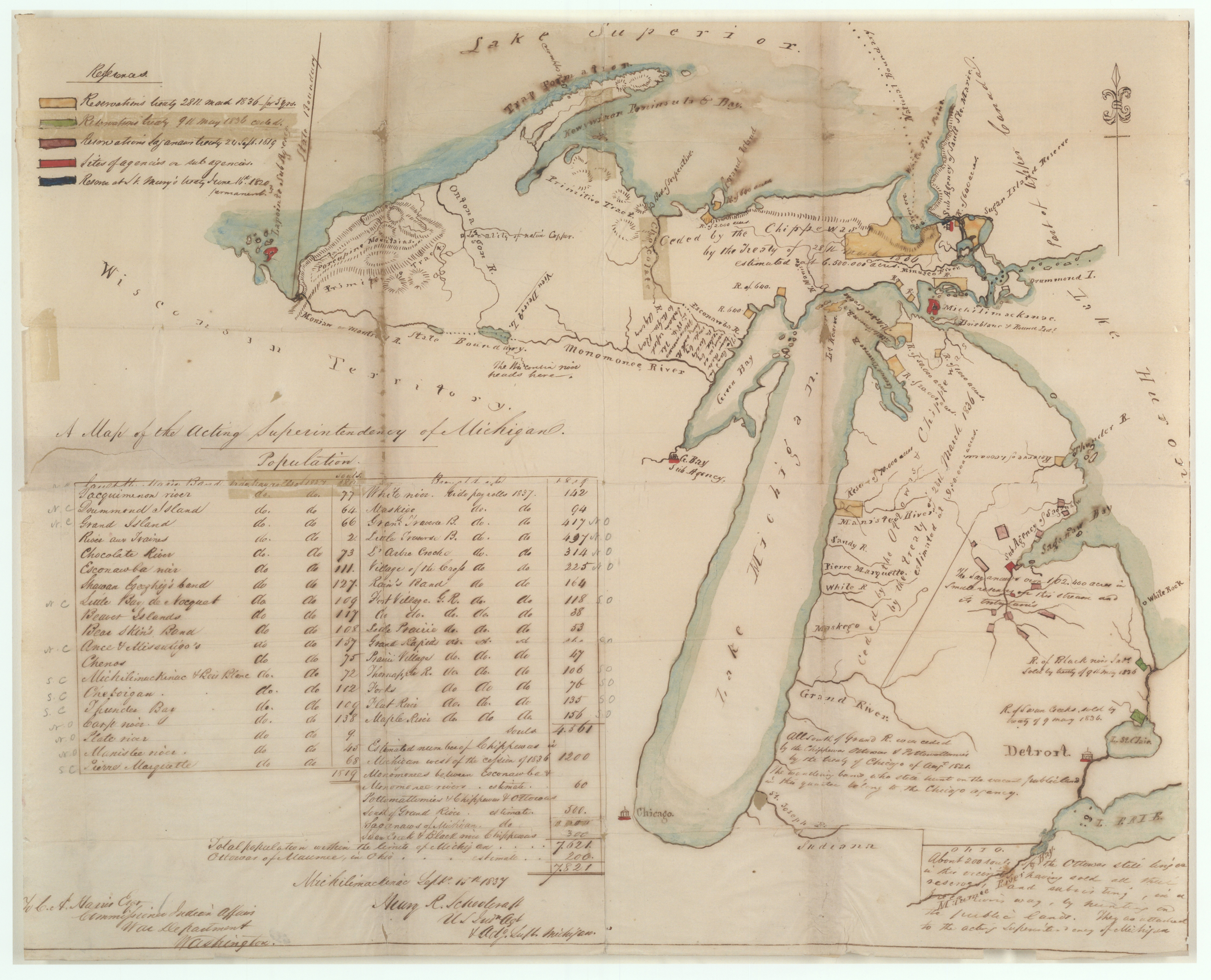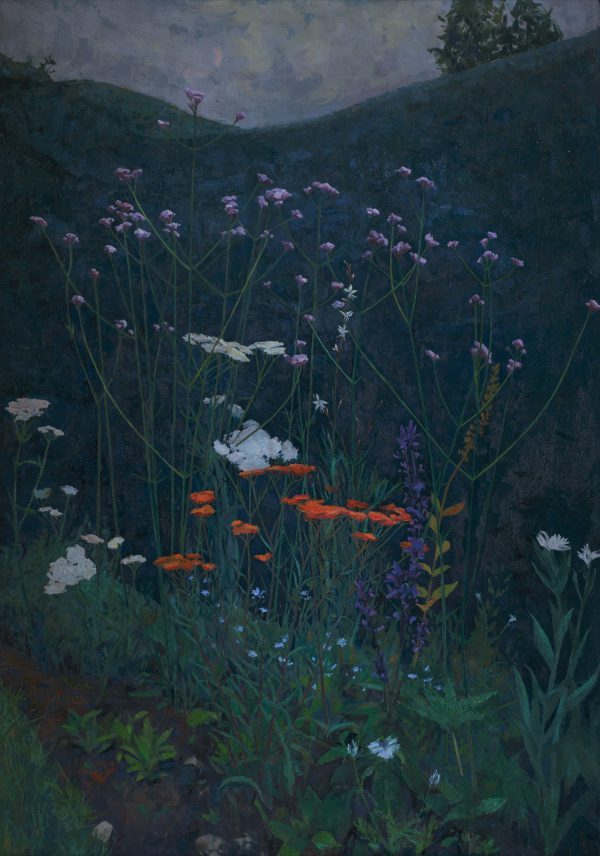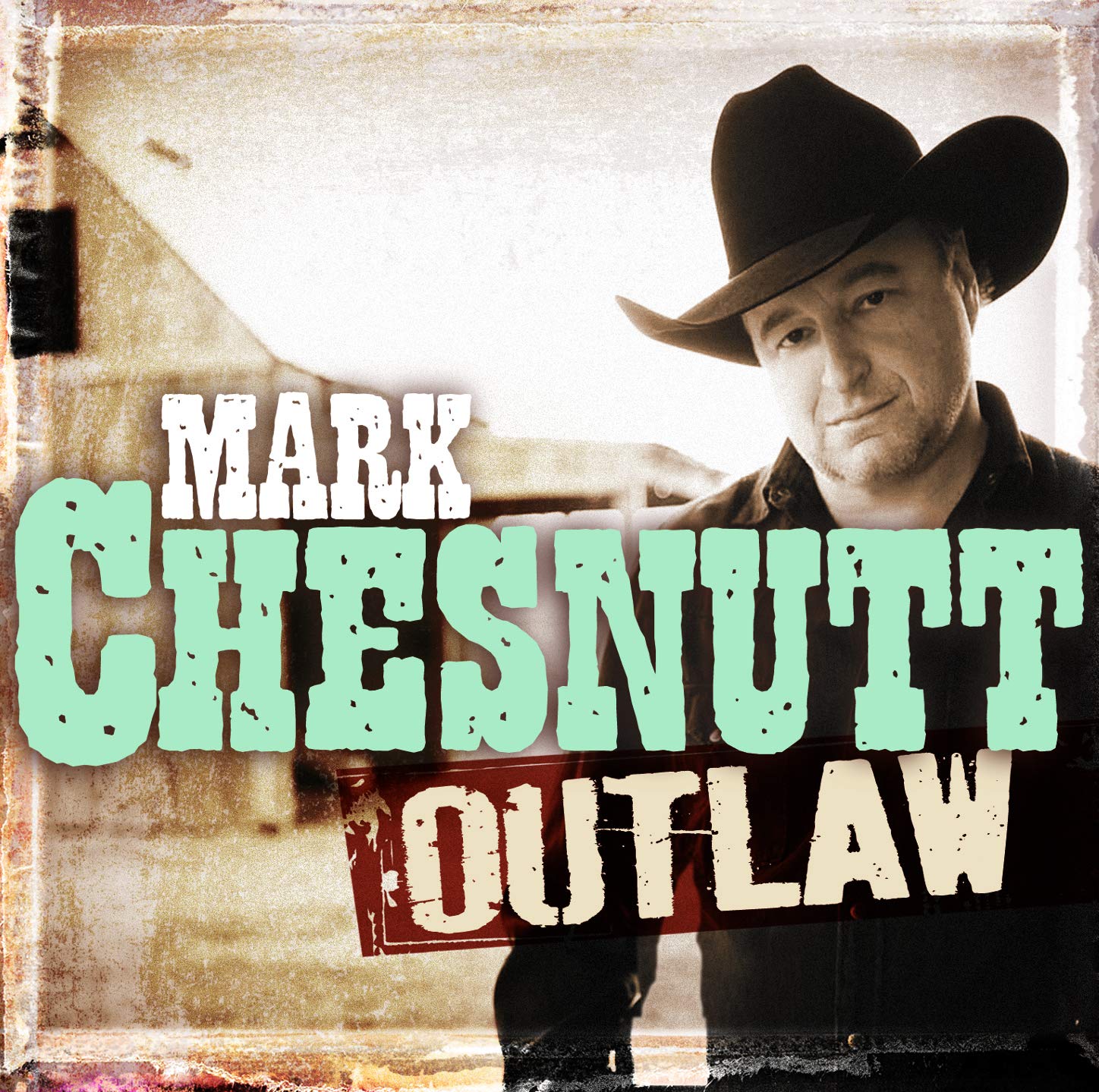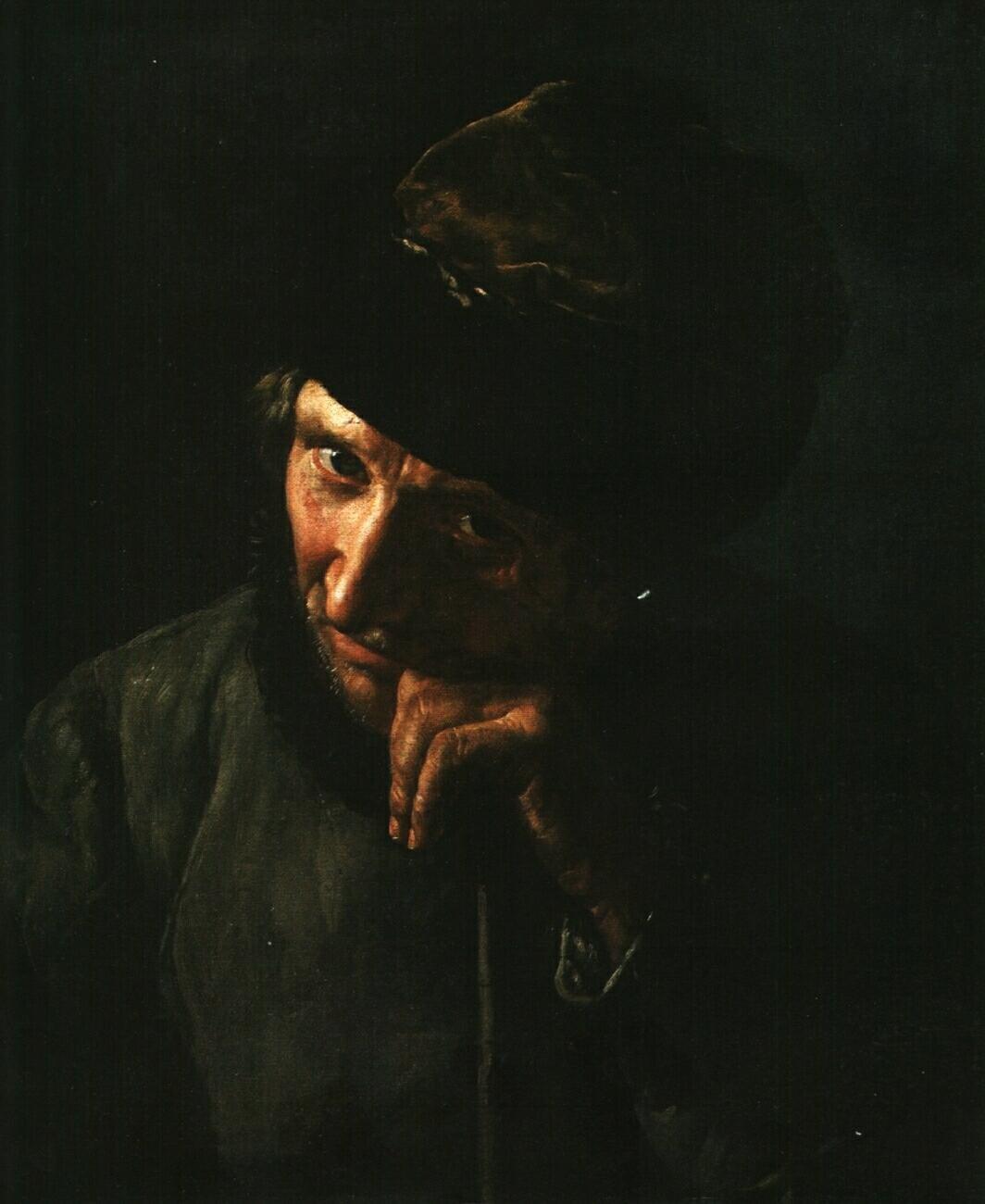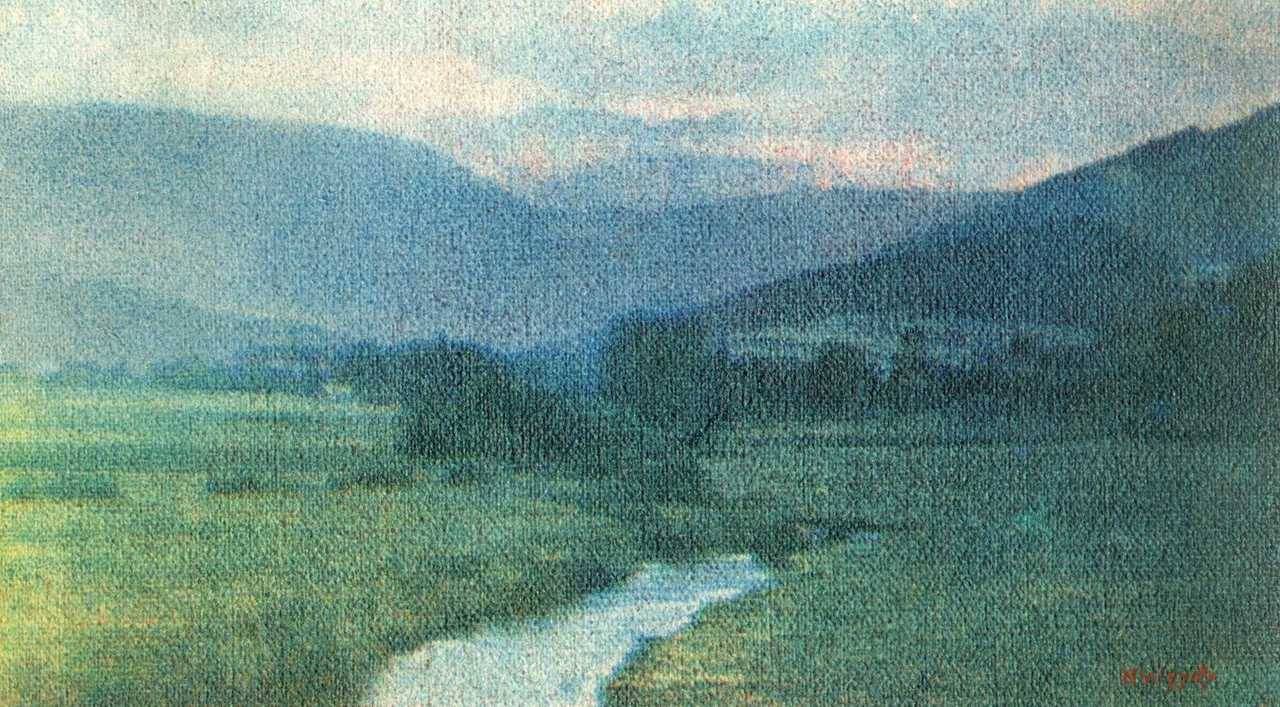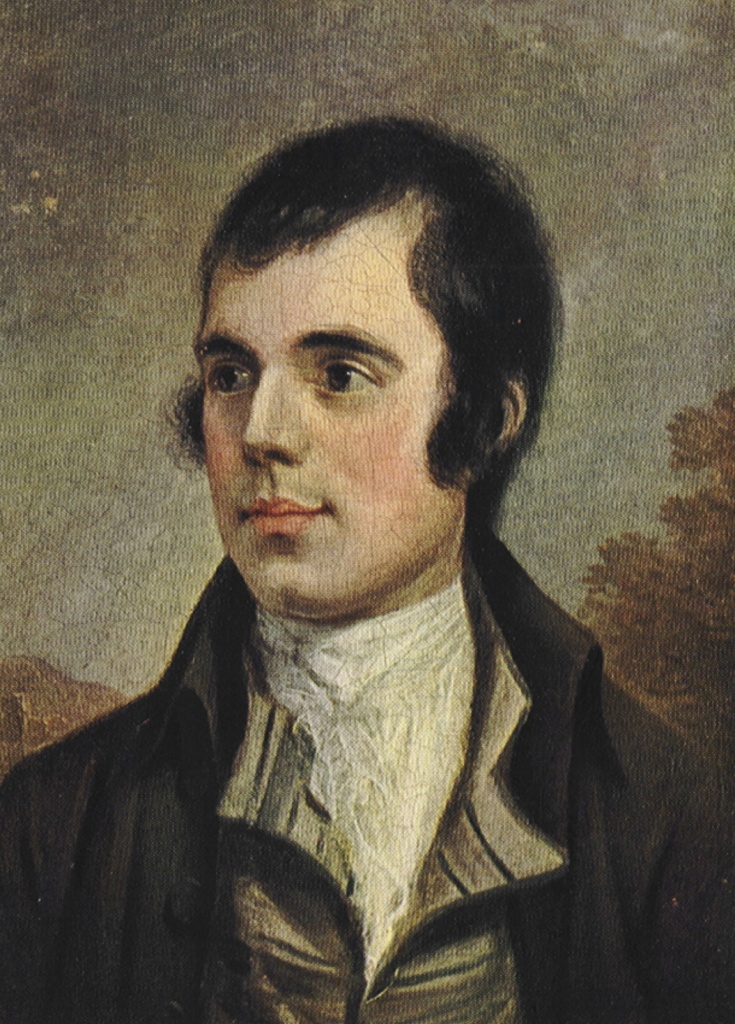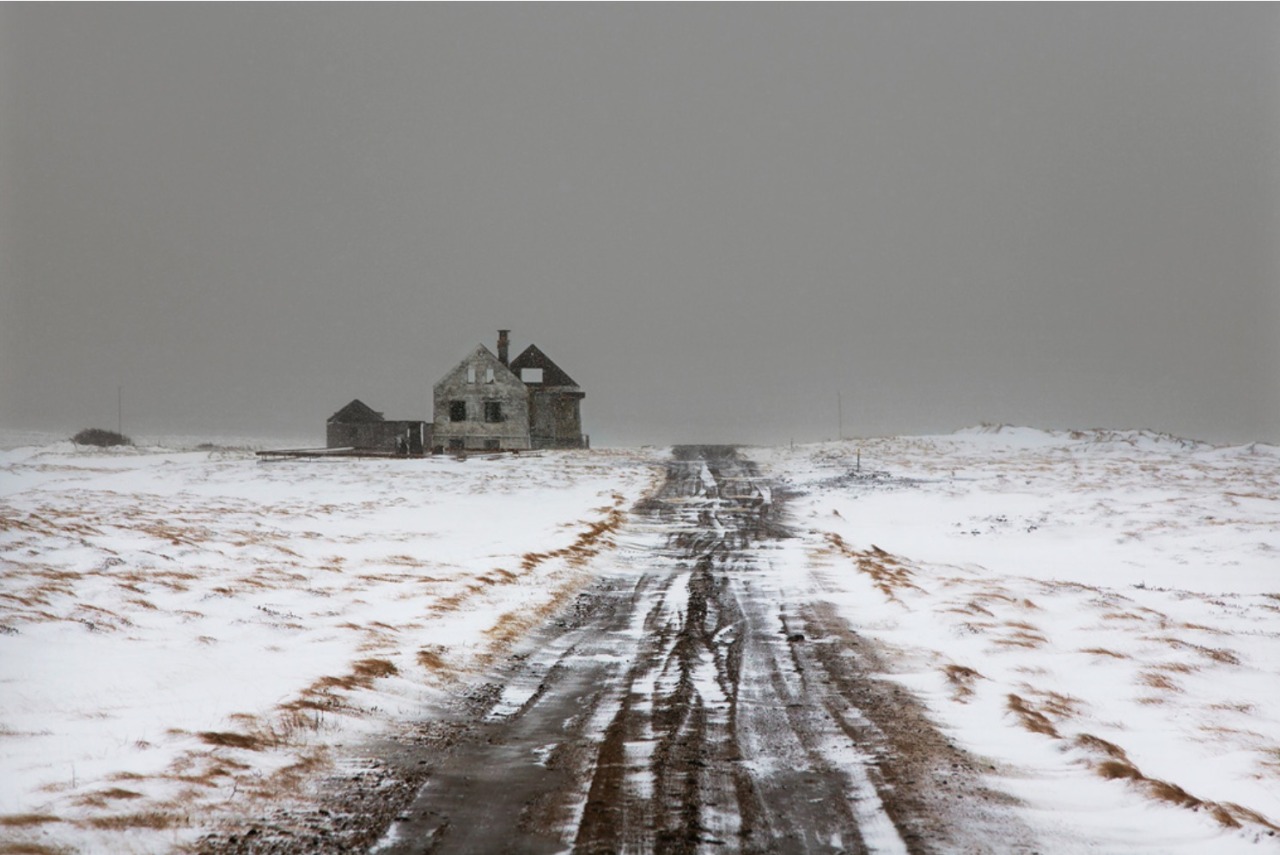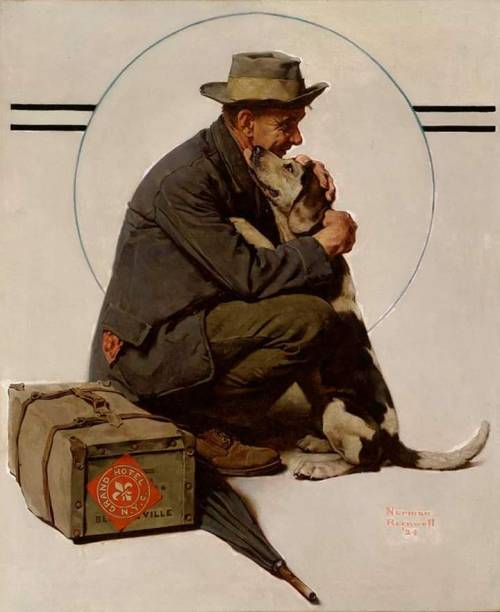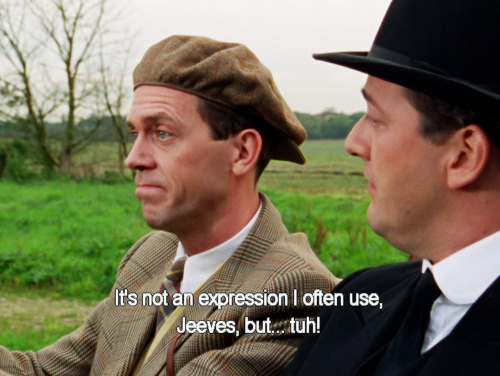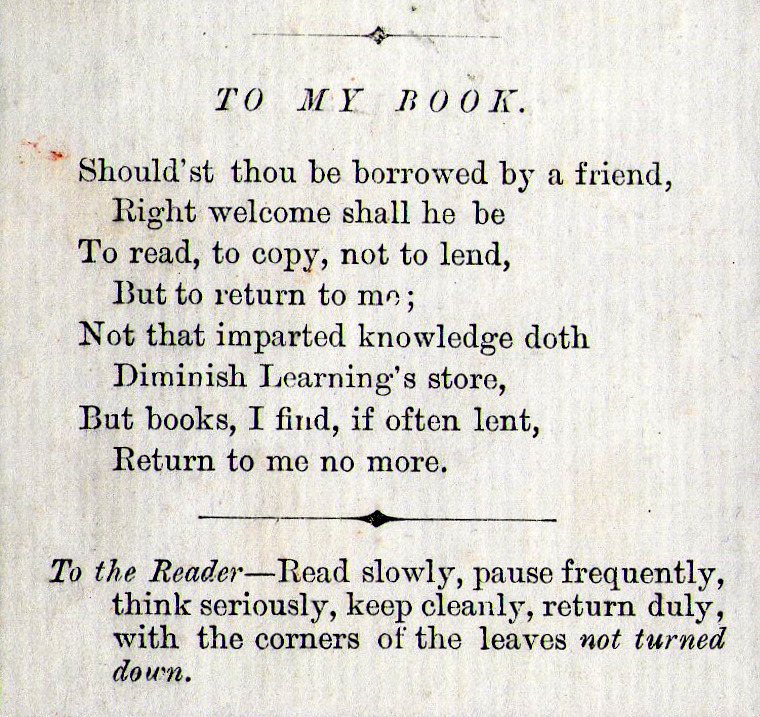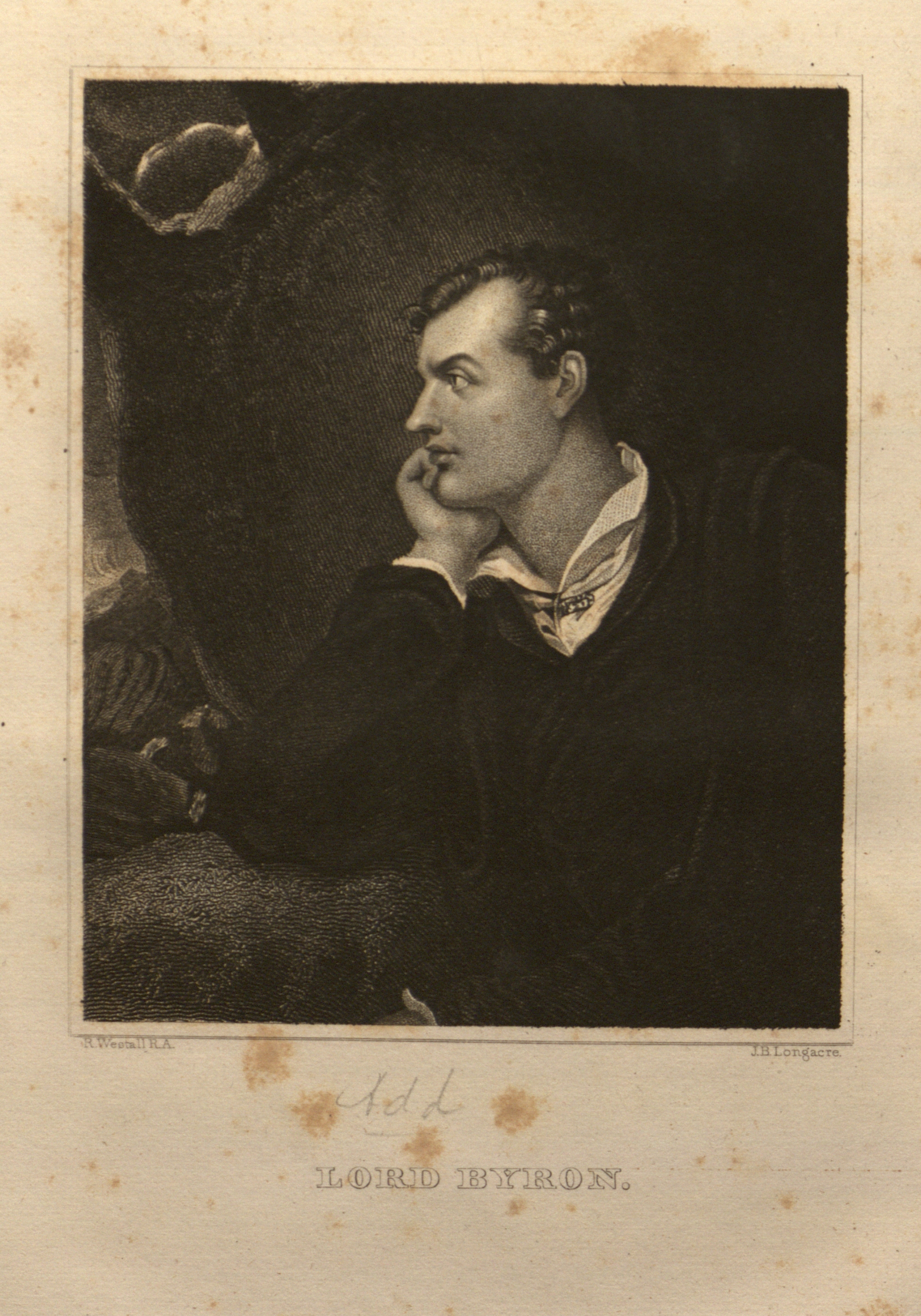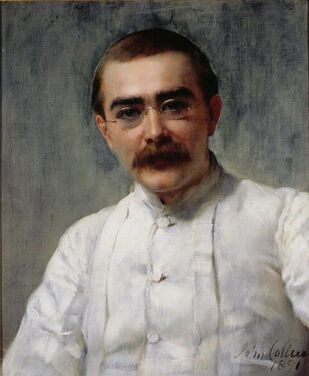31 January 2020
Happy Birthday, Merton
Thomas Merton was born on this date in 1915.
THE MERTON PRAYER
My Lord God,
I have no idea where I am going.
I do not see the road ahead of me.
I cannot know for certain where it will end.
nor do I really know myself,
and the fact that I think I am following your will
does not mean that I am actually doing so.
But I believe that the desire to please you
does in fact please you.
And I hope I have that desire in all that I am doing.
I hope that I will never do anything apart from that desire.
And I know that if I do this you will lead me by the right road,
though I may know nothing about it.
Therefore will I trust you always though
I may seem to be lost and in the shadow of death.
I will not fear, for you are ever with me,
and you will never leave me to face my perils alone.
Thomas Merton
Happy Birthday, Schubert
Abel, Franz Schubert, 1814
Franz Schubert was born on this date in 1797.
The greatest misfortune of the wise man and the greatest unhappiness of the fool are based upon convention.
Franz Schubert
Alfred Brendel performs the Piano Sonata No. 22 in A major, D. 959 ...
Franz Schubert was born on this date in 1797.
The greatest misfortune of the wise man and the greatest unhappiness of the fool are based upon convention.
Franz Schubert
Alfred Brendel performs the Piano Sonata No. 22 in A major, D. 959 ...
30 January 2020
29 January 2020
Limitations.
We cannot help living to a very large extent in terms of concepts. We have to do so, because immediate experience is so chaotic and so immensely rich that in mere self-preservation we have to use the machinery of language to sort out what is of utility for us, what in any given context is of importance, and at the same time to try to understand — because it is only in terms of language that we can understand what is happening. We make generalizations and we go into higher and higher degrees of abstraction, which permit us to comprehend what we are up to, which we certainly would not if we did not have language. And in this way language is an immense boon, which we could not possibly do without.
But language has its limitations and its traps.
Aldous Huxley
Adjustment.
The real hopeless victims of mental illness are to be found among those who appear to be most normal. Many of them are normal because they are so well adjusted to our mode of existence, because their human voice has been silenced so early in their lives, that they do not even struggle or suffer or develop symptoms as the neurotic does. They are normal not in what may be called the absolute sense of the word; they are normal only in relation to a profoundly abnormal society. Their perfect adjustment to that abnormal society is a measure of their mental sickness. These millions of abnormally normal people, living without fuss in a society to which, if they were fully human beings, they ought not to be adjusted.
Aldous Huxley
28 January 2020
27 January 2020
Happy Birthday, Carroll
"I could tell you my adventures—beginning from this morning,” said Alice a little timidly; “but it’s no use going back to yesterday, because I was a different person then."
Lewis Carroll, from Alice's Adventures in Wonderland and Through the Looking Glass
Enigma.
CONNECT
Author and historian Ross King talks about Filippo Brunelleschi and the construction of Santa Maria del Fiore's dome ...
An excellent book ...
Happy Birthday, Mozart
Lange, Mozart, 1782
Regula Mühlemann performs Exsultate Jubilate, KV 165, with Staatskapelle Dresden, conducted by Andrés Orozco-Estrada ...
Wolfgang Amadeus Mozart was born on this date in 1756.
It is a mistake to think that the practice of my art has become easy to me. I assure you, dear friend, no one has given so much care to the study of composition as I. There is scarcely a famous master in music whose works I have not frequently and diligently studied.
Wolfgang Amadeus Mozart
Liberated.
On this date in 1945, the Nazi concentration camp and extermination facility at Auschwitz was liberated.
As the Soviet army approached and the end of the war came closer the vast majority of Auschwitz prisoners were marched west by the Nazis, into Germany. Those few thousand remaining were thought too ill to travel, and were left behind to be shot by the SS. In the confusion that followed the abandonment of the camp, the SS left them alive. The prisoners were found by Soviet forces when they liberated Auschwitz on January 27, 1945.
Vasily Gromadsky, a Russian officer with the 60th Army liberating Auschwitz recalls what happened.
"They [the prisoners] began rushing towards us, in a big crowd. They were weeping, embracing us and kissing us. I felt a grievance on behalf of mankind that these fascists had made such a mockery of us. It roused me and all the soldiers to go and quickly destroy them and send them to hell."CONNECT
The United States Holocaust Memorial Museum's history is HERE.
26 January 2020
Wise.
Hammershøi, Søndermarken Park in Winter, 1896
WINTER TREES
All the complicated details
of the attiring and
the disattiring are completed!
A liquid moon
moves gently among
the long branches.
Thus having prepared their buds
against a sure winter
the wise trees
stand sleeping in the cold.
William Carlos Williams
Happy Birthday, Williams
Thankfully, Crazy Lucinda was born on this date in 1953.
"Drunken Angel" ...
"Drunken Angel" ...
Rescue.
I do have moments of panic, but I also think that we can’t rectify everything. The world is outside our control. All we can ever do is create around ourselves communities of mutual affection and mutual understanding. And to attempt constantly to rectify things is to risk making them worse. That doesn’t mean we shouldn’t try our utmost to rescue people from error and delusion.
Sir Roger Scruton
Strong.
George Orwell's "A Nice Cup of Tea" ...
If you look up "tea" in the first cookery book that comes to hand you will probably find that it is unmentioned; or at most you will find a few lines of sketchy instructions which give no ruling on several of the most important points.
This is curious, not only because tea is one of the main stays of civilization in this country, as well as in Eire, Australia and New Zealand, but because the best manner of making it is the subject of violent disputes.
When I look through my own recipe for the perfect cup of tea, I find no fewer than eleven outstanding points. On perhaps two of them there would be pretty general agreement, but at least four others are acutely controversial. Here are my own eleven rules, every one of which I regard as golden:
- First of all, one should use Indian or Ceylonese tea. China tea has virtues which are not to be despised nowadays — it is economical, and one can drink it without milk — but there is not much stimulation in it. One does not feel wiser, braver or more optimistic after drinking it. Anyone who has used that comforting phrase "a nice cup of tea" invariably means Indian tea.
- Secondly, tea should be made in small quantities — that is, in a teapot. Tea out of an urn is always tasteless, while army tea, made in a cauldron, tastes of grease and whitewash. The teapot should be made of china or earthenware. Silver or Britanniaware teapots produce inferior tea and enamel pots are worse; though curiously enough a pewter teapot (a rarity nowadays) is not so bad.
- Thirdly, the pot should be warmed beforehand. This is better done by placing it on the hob than by the usual method of swilling it out with hot water.
- Fourthly, the tea should be strong. For a pot holding a quart, if you are going to fill it nearly to the brim, six heaped teaspoons would be about right. In a time of rationing, this is not an idea that can be realized on every day of the week, but I maintain that one strong cup of tea is better than twenty weak ones. All true tea lovers not only like their tea strong, but like it a little stronger with each year that passes — a fact which is recognized in the extra ration issued to old-age pensioners.
- Fifthly, the tea should be put straight into the pot. No strainers, muslin bags or other devices to imprison the tea. In some countries teapots are fitted with little dangling baskets under the spout to catch the stray leaves, which are supposed to be harmful. Actually one can swallow tea-leaves in considerable quantities without ill effect, and if the tea is not loose in the pot it never infuses properly.
- Sixthly, one should take the teapot to the kettle and not the other way about. The water should be actually boiling at the moment of impact, which means that one should keep it on the flame while one pours. Some people add that one should only use water that has been freshly brought to the boil, but I have never noticed that it makes any difference.
- Seventhly, after making the tea, one should stir it, or better, give the pot a good shake, afterwards allowing the leaves to settle.
- Eighthly, one should drink out of a good breakfast cup — that is, the cylindrical type of cup, not the flat, shallow type. The breakfast cup holds more, and with the other kind one's tea is always half cold before one has well started on it.
- Ninthly, one should pour the cream off the milk before using it for tea. Milk that is too creamy always gives tea a sickly taste.
- Tenthly, one should pour tea into the cup first. This is one of the most controversial points of all; indeed in every family in Britain there are probably two schools of thought on the subject. The milk-first school can bring forward some fairly strong arguments, but I maintain that my own argument is unanswerable. This is that, by putting the tea in first and stirring as one pours, one can exactly regulate the amount of milk whereas one is liable to put in too much milk if one does it the other way round.
- Lastly, tea — unless one is drinking it in the Russian style — should be drunk without sugar. I know very well that I am in a minority here. But still, how can you call yourself a true tea lover if you destroy the flavour of your tea by putting sugar in it? It would be equally reasonable to put in pepper or salt. Tea is meant to be bitter, just as beer is meant to be bitter. If you sweeten it, you are no longer tasting the tea, you are merely tasting the sugar; you could make a very similar drink by dissolving sugar in plain hot water.
Some people would answer that they don't like tea in itself, that they only drink it in order to be warmed and stimulated, and they need sugar to take the taste away. To those misguided people I would say: Try drinking tea without sugar for, say, a fortnight and it is very unlikely that you will ever want to ruin your tea by sweetening it again.
These are not the only controversial points to arise in connection with tea drinking, but they are sufficient to show how subtilized the whole business has become. There is also the mysterious social etiquette surrounding the teapot (why is it considered vulgar to drink out of your saucer, for instance?) and much might be written about the subsidiary uses of tea leaves, such as telling fortunes, predicting the arrival of visitors, feeding rabbits, healing burns and sweeping the carpet. It is worth paying attention to such details as warming the pot and using water that is really boiling, so as to make quite sure of wringing out of one's ration the twenty good, strong cups of that two ounces, properly handled, ought to represent.
Waiting.
We too are so dazzled by power and prestige as to forget our essential fragility. Willingly or not we come to terms with power, forgetting that we are all inside the ghetto, that the ghetto is walled in, that outside the ghetto reign the lords of death, and close by the train is waiting.
Primo Levi, from "The Gray Zone"
Mozart, Piano Concerto No. 21 in C major, K. 467
Maurizio Pollini performs with Riccardo Muti and La Scala Philharmonic Orchestra ...
Sing.
WHERE MY BOOKS GO
All the words that I utter,
And all the words that I write,
Must spread out their wings untiring,
And never rest in their flight,
Till they come where your sad, sad heart is,
And sing to you in the night,
Beyond where the waters are moving,
Storm-darken’d or starry bright.
W.B. Yeats
25 January 2020
Carry.
Sorapure, Evening Hymn, 2020
A SMALL STORY
When Mrs. McCausland comes to mind
she slips through a small gap in oblivion
and walks down her front steps, in her hand
a small red velvet pillow she tucks
under the head of Old Jim Schreiber,
who is lying dead-drunk against the curb
of busy Market Street. Then she turns,
labors up the steps and is gone . . .
A small story. Or rather, the memory
of a story I heard as a boy. The witnesses
are not to be found, the steps lead nowhere,
the pillow has collapsed into a thread of dust . . .
Do the dead come back only to remind us
they, too, were once among the living,
and that the story we make of our lives
is a mystery of luminous, but uncertain moments,
a shuffle of images we carry toward sleep—
Mrs. McCausland with her velvet pillow,
Old Jim at peace—a story, like a small
clearing in the woods at night, seen
from the windows of a passing train.
Peter Everwine
When Mrs. McCausland comes to mind
she slips through a small gap in oblivion
and walks down her front steps, in her hand
a small red velvet pillow she tucks
under the head of Old Jim Schreiber,
who is lying dead-drunk against the curb
of busy Market Street. Then she turns,
labors up the steps and is gone . . .
A small story. Or rather, the memory
of a story I heard as a boy. The witnesses
are not to be found, the steps lead nowhere,
the pillow has collapsed into a thread of dust . . .
Do the dead come back only to remind us
they, too, were once among the living,
and that the story we make of our lives
is a mystery of luminous, but uncertain moments,
a shuffle of images we carry toward sleep—
Mrs. McCausland with her velvet pillow,
Old Jim at peace—a story, like a small
clearing in the woods at night, seen
from the windows of a passing train.
Peter Everwine
Alan Jackson, "Remember When"
Remember when the sound of little feet
Was the music we danced to week to week
Was the music we danced to week to week
Beneath.
Tropinin, The Coachman Leaning on a Whip Handle, 1820
It is not the contented or the glowing who have left many of the profound testimonies of what it means to be alive. It seems that such knowledge has usually been the privileged preserve of, and the only blessing granted to, the violently miserable.
To recognize that our best chance of contentment lies in taking up the wisdom offered to us in coded form through our coughs, allergies, social gaffes, and emotional betrayals, and to avoid the ingratitude of those who blame the peas, the bores, the time, and the weather.
The lesson? To respond to the unexpected and hurtful behavior of others with something more than a wipe of the glasses, to see it as a chance to expand our understanding, even if, as Proust warns is, "when we discover the true lives of other people, the real world beneath the world of appearance, we get as many surprises as on visiting a house of plain exterior which is full of hidden treasures, torture-chambers or skeletons."
Alain de Botton, from How Proust Can Change Your Life
Happy Birthday, Burns
Nasmyth, Robert Burns (detail), 1777
Robert Burns was born on this date in 1759.
ADDRESS to the DEVIL
O Prince, O chief of many throned pow'rs!
That led th' embattled seraphim to war!
(Milton, Paradise Lost)
O thou! whatever title suit thee,—
Auld Hornie, Satan, Nick, or Clootie!
Wha in yon cavern, grim an' sootie,
Clos'd under hatches,
Spairges about the brunstane cootie
To scaud poor wretches!
Hear me, Auld Hangie, for a wee,
An' let poor damned bodies be;
I'm sure sma' pleasure it can gie,
E'en to a deil,
To skelp an' scaud poor dogs like me,
An' hear us squeel!
Great is thy pow'r, an' great thy fame;
Far ken'd an' noted is thy name;
An' tho' yon lowin heugh's thy hame,
Thou travels far;
An' faith! thou's neither lag nor lame,
Nor blate nor scaur.
Whyles, ranging like a roarin lion,
For prey a' holes an' corners tryin;
Whyles, on the strong-wing'd tempest flyin,
Tirlin' the kirks;
Whyles, in the human bosom pryin,
Unseen thou lurks.
I've heard my rev'rend graunie say,
In lanely glens ye like to stray;
Or whare auld ruin'd castles gray
Nod to the moon,
Ye fright the nightly wand'rer's way
Wi' eldritch croon.
When twilight did my graunie summon
To say her pray'rs, douce honest woman!
Aft yont the dike she's heard you bummin,
Wi' eerie drone;
Or, rustlin thro' the boortrees comin,
Wi' heavy groan.
Ae dreary, windy, winter night,
The stars shot down wi' sklentin light,
Wi' you mysel I gat a fright,
Ayont the lough;
Ye like a rash-buss stood in sight,
Wi' waving sugh.
The cudgel in my nieve did shake,
Each bristl'd hair stood like a stake,
When wi' an eldritch, stoor "Quaick, quaick,"
Amang the springs,
Awa ye squatter'd like a drake,
On whistling wings.
Let warlocks grim an' wither'd hags
Tell how wi' you on ragweed nags
They skim the muirs an' dizzy crags
Wi' wicked speed;
And in kirk-yards renew their leagues,
Owre howket dead.
Thence, countra wives wi' toil an' pain
May plunge an' plunge the kirn in vain;
For oh! the yellow treasure's taen
By witchin skill;
An' dawtet, twal-pint hawkie's gaen
As yell's the bill.
Thence, mystic knots mak great abuse,
On young guidmen, fond, keen, an' croose;
When the best wark-lume i' the house,
By cantraip wit,
Is instant made no worth a louse,
Just at the bit.
When thowes dissolve the snawy hoord,
An' float the jinglin icy-boord,
Then water-kelpies haunt the foord
By your direction,
An' nighted trav'lers are allur'd
To their destruction.
And aft your moss-traversing spunkies
Decoy the wight that late an drunk is:
The bleezin, curst, mischievous monkeys
Delude his eyes,
Till in some miry slough he sunk is,
Ne'er mair to rise.
When Masons' mystic word an grip
In storms an' tempests raise you up,
Some cock or cat your rage maun stop,
Or, strange to tell!
The youngest brither ye wad whip
Aff straught to hell!
Lang syne, in Eden'd bonie yard,
When youthfu' lovers first were pair'd,
An all the soul of love they shar'd,
The raptur'd hour,
Sweet on the fragrant flow'ry swaird,
In shady bow'r;
Then you, ye auld snick-drawin dog!
Ye cam to Paradise incog,
And play'd on man a cursed brogue,
(Black be your fa'!)
An gied the infant warld a shog,
Maist ruin'd a'.
D'ye mind that day, when in a bizz,
Wi' reeket duds an reestet gizz,
Ye did present your smoutie phiz
Mang better folk,
An' sklented on the man of Uz
Your spitefu' joke?
An' how ye gat him i' your thrall,
An' brak him out o' house and hal',
While scabs and blotches did him gall,
Wi' bitter claw,
An' lows'd his ill-tongued, wicked scaul,
Was warst ava?
But a' your doings to rehearse,
Your wily snares an' fechtin fierce,
Sin' that day Michael did you pierce,
Down to this time,
Wad ding a Lallan tongue, or Erse,
In prose or rhyme.
An' now, Auld Cloots, I ken ye're thinkin,
A certain Bardie's rantin, drinkin,
Some luckless hour will send him linkin,
To your black pit;
But faith! he'll turn a corner jinkin,
An' cheat you yet.
But fare you weel, Auld Nickie-ben!
O wad ye tak a thought an' men'!
Ye aiblins might—I dinna ken—
Still hae a stake:
I'm wae to think upo' yon den,
Ev'n for your sake!
ADDRESS to the DEVIL
O Prince, O chief of many throned pow'rs!
That led th' embattled seraphim to war!
(Milton, Paradise Lost)
O thou! whatever title suit thee,—
Auld Hornie, Satan, Nick, or Clootie!
Wha in yon cavern, grim an' sootie,
Clos'd under hatches,
Spairges about the brunstane cootie
To scaud poor wretches!
Hear me, Auld Hangie, for a wee,
An' let poor damned bodies be;
I'm sure sma' pleasure it can gie,
E'en to a deil,
To skelp an' scaud poor dogs like me,
An' hear us squeel!
Great is thy pow'r, an' great thy fame;
Far ken'd an' noted is thy name;
An' tho' yon lowin heugh's thy hame,
Thou travels far;
An' faith! thou's neither lag nor lame,
Nor blate nor scaur.
Whyles, ranging like a roarin lion,
For prey a' holes an' corners tryin;
Whyles, on the strong-wing'd tempest flyin,
Tirlin' the kirks;
Whyles, in the human bosom pryin,
Unseen thou lurks.
I've heard my rev'rend graunie say,
In lanely glens ye like to stray;
Or whare auld ruin'd castles gray
Nod to the moon,
Ye fright the nightly wand'rer's way
Wi' eldritch croon.
When twilight did my graunie summon
To say her pray'rs, douce honest woman!
Aft yont the dike she's heard you bummin,
Wi' eerie drone;
Or, rustlin thro' the boortrees comin,
Wi' heavy groan.
Ae dreary, windy, winter night,
The stars shot down wi' sklentin light,
Wi' you mysel I gat a fright,
Ayont the lough;
Ye like a rash-buss stood in sight,
Wi' waving sugh.
The cudgel in my nieve did shake,
Each bristl'd hair stood like a stake,
When wi' an eldritch, stoor "Quaick, quaick,"
Amang the springs,
Awa ye squatter'd like a drake,
On whistling wings.
Let warlocks grim an' wither'd hags
Tell how wi' you on ragweed nags
They skim the muirs an' dizzy crags
Wi' wicked speed;
And in kirk-yards renew their leagues,
Owre howket dead.
Thence, countra wives wi' toil an' pain
May plunge an' plunge the kirn in vain;
For oh! the yellow treasure's taen
By witchin skill;
An' dawtet, twal-pint hawkie's gaen
As yell's the bill.
Thence, mystic knots mak great abuse,
On young guidmen, fond, keen, an' croose;
When the best wark-lume i' the house,
By cantraip wit,
Is instant made no worth a louse,
Just at the bit.
When thowes dissolve the snawy hoord,
An' float the jinglin icy-boord,
Then water-kelpies haunt the foord
By your direction,
An' nighted trav'lers are allur'd
To their destruction.
And aft your moss-traversing spunkies
Decoy the wight that late an drunk is:
The bleezin, curst, mischievous monkeys
Delude his eyes,
Till in some miry slough he sunk is,
Ne'er mair to rise.
When Masons' mystic word an grip
In storms an' tempests raise you up,
Some cock or cat your rage maun stop,
Or, strange to tell!
The youngest brither ye wad whip
Aff straught to hell!
Lang syne, in Eden'd bonie yard,
When youthfu' lovers first were pair'd,
An all the soul of love they shar'd,
The raptur'd hour,
Sweet on the fragrant flow'ry swaird,
In shady bow'r;
Then you, ye auld snick-drawin dog!
Ye cam to Paradise incog,
And play'd on man a cursed brogue,
(Black be your fa'!)
An gied the infant warld a shog,
Maist ruin'd a'.
D'ye mind that day, when in a bizz,
Wi' reeket duds an reestet gizz,
Ye did present your smoutie phiz
Mang better folk,
An' sklented on the man of Uz
Your spitefu' joke?
An' how ye gat him i' your thrall,
An' brak him out o' house and hal',
While scabs and blotches did him gall,
Wi' bitter claw,
An' lows'd his ill-tongued, wicked scaul,
Was warst ava?
But a' your doings to rehearse,
Your wily snares an' fechtin fierce,
Sin' that day Michael did you pierce,
Down to this time,
Wad ding a Lallan tongue, or Erse,
In prose or rhyme.
An' now, Auld Cloots, I ken ye're thinkin,
A certain Bardie's rantin, drinkin,
Some luckless hour will send him linkin,
To your black pit;
But faith! he'll turn a corner jinkin,
An' cheat you yet.
But fare you weel, Auld Nickie-ben!
O wad ye tak a thought an' men'!
Ye aiblins might—I dinna ken—
Still hae a stake:
I'm wae to think upo' yon den,
Ev'n for your sake!
Summon.
Peter Everwine
Unpromising.
Brian Eno
Calm.
Branchard, Winter, 1928
Rainer Maria Rilke
When what is near you is far, then your distance is already among the stars and very large; rejoice in your growth, in which you naturally can take no one with you, and be kind to those who remain behind, and be sure and calm before them and do not torment them with your doubts and do not frighten them with your confidence or joy, which they could not understand.
Rainer Maria Rilke
23 January 2020
Enthusiast.
Jefferson, Poplar Forest, 1806
But how is a taste in the beautiful art to be formed in our countrymen, unless we avail ourselves of every occasion when public buildings are to be erected, of presenting to them models for their study and imitation? You see I am an enthusiast on the subject of the arts. But it is an enthusiasm of which I am not ashamed, as its object is to improve the taste of my countrymen, to increase their reputation, to reconcile them to the rest of the world, and procure them its praise.
Thomas Jefferson, from a letter to James Madison, September 20, 1785
CONNECT
Thomas Jefferson, from a letter to James Madison, September 20, 1785
CONNECT
22 January 2020
Happy Birthday, Byron
Westall, Lord Byron, 1841
Lord Byron was born on this date in 1788.
CHILDE HAROLD'S PILGRMAGE
There is a pleasure in the pathless woods,
There is a rapture on the lonely shore,
There is society where none intrudes,
By the deep Sea, and music in its roar:
I love not Man the less, but Nature more,
From these our interviews, in which I steal
From all I may be, or have been before,
To mingle with the Universe, and feel
What I can ne'er express, yet cannot all conceal.
Roll on, thou deep and dark blue Ocean--roll!
Ten thousand fleets sweep over thee in vain;
Man marks the earth with ruin--his control
Stops with the shore;--upon the watery plain
The wrecks are all thy deed, nor doth remain
A shadow of man's ravage, save his own,
When for a moment, like a drop of rain,
He sinks into thy depths with bubbling groan,
Without a grave, unknelled, uncoffined, and unknown.
His steps are not upon thy paths,--thy fields
Are not a spoil for him,--thou dost arise
And shake him from thee; the vile strength he wields
For earth's destruction thou dost all despise,
Spurning him from thy bosom to the skies,
And send'st him, shivering in thy playful spray
And howling, to his gods, where haply lies
His petty hope in some near port or bay,
And dashest him again to earth: —there let him lay.
Lord Byron
Lord Byron was born on this date in 1788.
CHILDE HAROLD'S PILGRMAGE
There is a pleasure in the pathless woods,
There is a rapture on the lonely shore,
There is society where none intrudes,
By the deep Sea, and music in its roar:
I love not Man the less, but Nature more,
From these our interviews, in which I steal
From all I may be, or have been before,
To mingle with the Universe, and feel
What I can ne'er express, yet cannot all conceal.
Roll on, thou deep and dark blue Ocean--roll!
Ten thousand fleets sweep over thee in vain;
Man marks the earth with ruin--his control
Stops with the shore;--upon the watery plain
The wrecks are all thy deed, nor doth remain
A shadow of man's ravage, save his own,
When for a moment, like a drop of rain,
He sinks into thy depths with bubbling groan,
Without a grave, unknelled, uncoffined, and unknown.
His steps are not upon thy paths,--thy fields
Are not a spoil for him,--thou dost arise
And shake him from thee; the vile strength he wields
For earth's destruction thou dost all despise,
Spurning him from thy bosom to the skies,
And send'st him, shivering in thy playful spray
And howling, to his gods, where haply lies
His petty hope in some near port or bay,
And dashest him again to earth: —there let him lay.
Lord Byron
21 January 2020
Unexpected.
in memory of Annie
We were running up the slope of a hill,
that dog and I, an early winter rain
beginning to fall, wind-driven and sharp,
the clouds so black the edges of the hills
were etched and incandescent. That dog
and I were running, the two of us
apart and yet together, and even now,
in the solitude of a quiet hour—the days
and that dog long gone—I can follow
those far-blown traces of unexpected joy
and find my way back again: heart wild,
lungs filling with the breath of winter,
and that dog beside me running headlong
into the world without end.
Peter Everwine
20 January 2020
Descendant.
Collier, Rudyard Kipling, 1891
If a man brings a good mind to what he reads he may become, as it were, the spiritual descendant to some extent of great men, and this link, this spiritual hereditary tie, may help to just kick the beam in the right direction at a vital crisis; or may keep him from drifting through the long slack times when, so to speak, we are only fielding and no balls are coming our way.
Rudyard Kipling







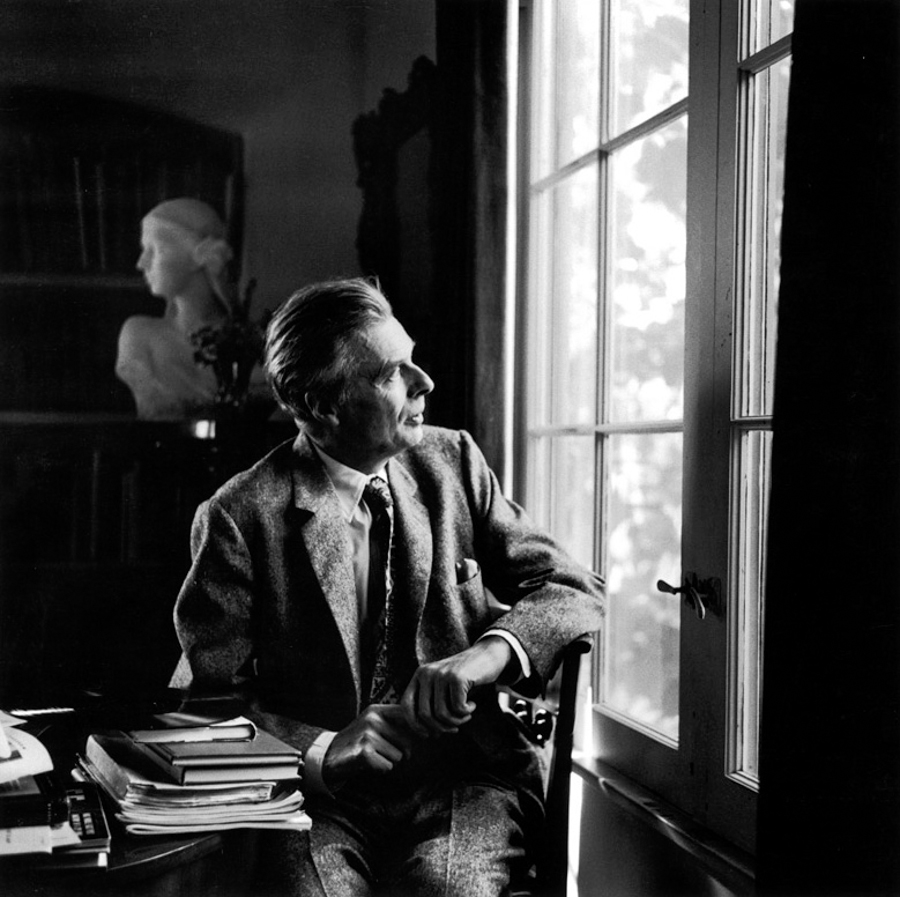
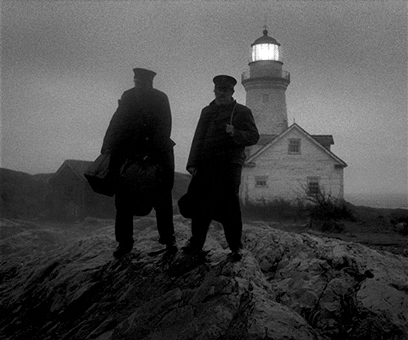
/arc-anglerfish-arc2-prod-mco.s3.amazonaws.com/public/4Y5XPRCUQVGTRGLGC2NEZDZ544.jpg)






